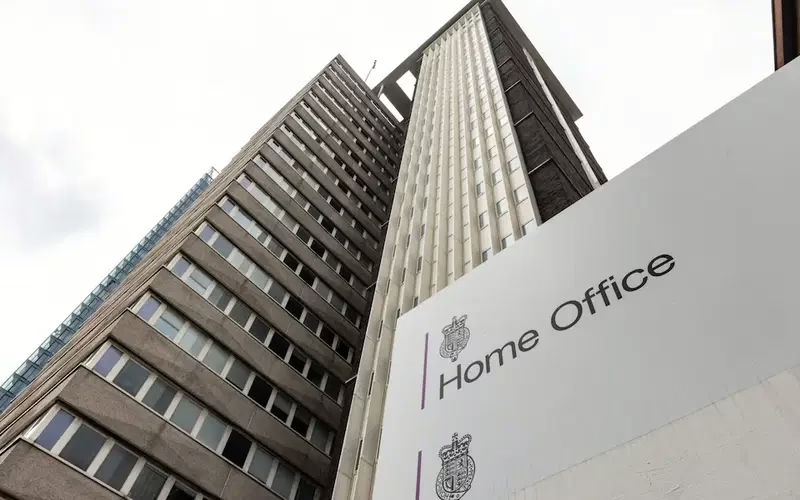A Nigerian man, Olufemi Ojaleye, who was convicted for his involvement in a sophisticated fraud scheme related to the UK’s Covid-era Bounce Back Loan Scheme, has successfully avoided deportation from the UK after appealing on human rights grounds due to his children’s special needs.
As reported by Vanguard, Ojaleye, sentenced to seven years in prison for his role in the fraud, had been targeted for deportation by the Home Office.
However, a UK tribunal ruled that he could not be deported to Nigeria, primarily because two of his children have autism and require significant additional care.
Having arrived in the UK in 2002 as a visitor and not returning to Nigeria since 2004, Ojaleye’s legal team argued that deportation would result in “unduly harsh consequences” for his children, citing their special educational needs.
The children, who attend a specialist school, were described as requiring support for basic tasks such as dressing, eating, and toileting.
They also have daily contact with Ojaleye, either through calls or visits, despite his imprisonment.
While the Home Office argued that Ojaleye’s deportation would not significantly affect the children since he is already incarcerated, the tribunal disagreed, noting the ongoing connection between Ojaleye and his children.
The children’s mother, overwhelmed both emotionally and financially by his imprisonment, also testified that visiting him in Nigeria would be impossible given the children’s special needs.
Judge Elizabeth Ruddick upheld the decision, stating that the original ruling contained no errors in law.
This decision comes as part of a broader trend where deportations have been delayed or halted in cases involving human rights claims.
The UK government continues to face significant challenges with immigration appeals, with a backlog of nearly 42,000 cases, many of which are based on human rights grounds.











Leave a Reply